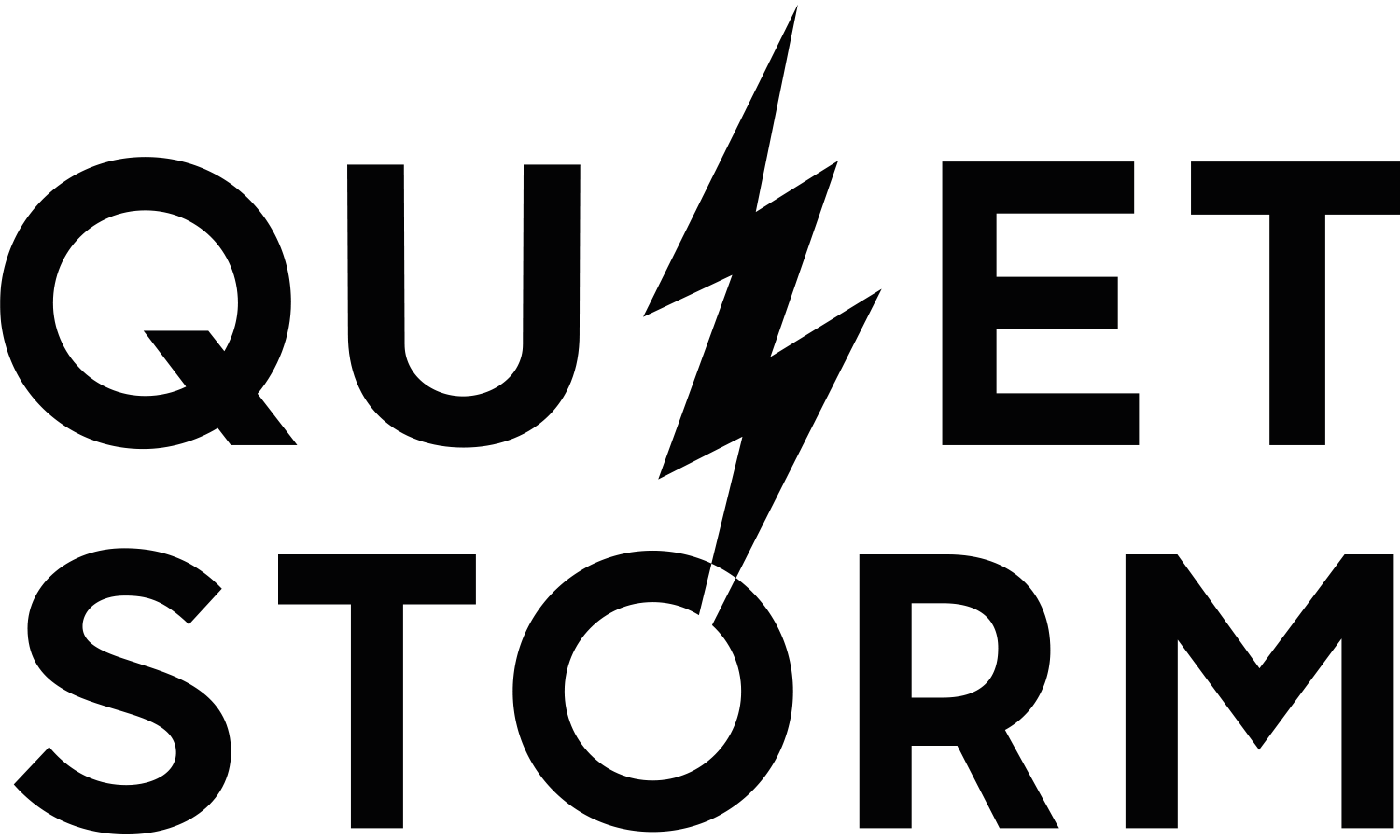

Quiet Storm Ltd

London Borough of Southwark, United Kingdom
August 2022
Advertising & market research
Service with Minor Environmental Footprint
United Kingdom
Quiet Storm is a purpose led, employee-owned creative agency and production company founded by Trevor Robinson OBE in 1995. We believe creativity has the power to positively transform businesses, lives and society as a whole. We call this creativity with purpose. Creativity born from meaningful and powerful insights that ignite ideas that can live anywhere and everywhere, and which have the ability to emotionally connect with people to change the way they think, feel and behave. After all, great communication is simply the art of forging a powerful emotional connection with people. Clients include Haribo, Vimto, Google, On the Beach, Young’s Seafood, Yakult, NBC Universal, Innovo and Women’s Equality Party. As well as consistently deliver transformative business results for our clients, Quiet Storm is also transforming lives with Create Not Hate, a diversity and inclusion initiative aimed at helping people from underrepresented backgrounds get into the creative industries, and the wider world through our commitment to the principles of Ad Net Zero and by taking a industry leading position on green production
Overall B Impact Score
Governance 15.7
Governance evaluates a company's overall mission, engagement around its social/environmental impact, ethics, and transparency. This section also evaluates the ability of a company to protect their mission and formally consider stakeholders in decision making through their corporate structure (e.g. benefit corporation) or corporate governing documents.
What is this? A company with an Impact Business Model is intentionally designed to create a specific positive outcome for one of its stakeholders - such as workers, community, environment, or customers.
Workers 67.5
Workers evaluates a company’s contributions to its employees’ financial security, health & safety, wellness, career development, and engagement & satisfaction. In addition, this section recognizes business models designed to benefit workers, such as companies that are at least 40% owned by non-executive employees and those that have workforce development programs to support individuals with barriers to employment.
What is this? A company with an Impact Business Model is intentionally designed to create a specific positive outcome for one of its stakeholders - such as workers, community, environment, or customers.
Community 24.0
Community evaluates a company’s engagement with and impact on the communities in which it operates, hires from, and sources from. Topics include diversity, equity & inclusion, economic impact, civic engagement, charitable giving, and supply chain management. In addition, this section recognizes business models that are designed to address specific community-oriented problems, such as poverty alleviation through fair trade sourcing or distribution via microenterprises, producer cooperative models, locally focused economic development, and formal charitable giving commitments.
Environment 7.4
Environment evaluates a company’s overall environmental management practices as well as its impact on the air, climate, water, land, and biodiversity. This includes the direct impact of a company’s operations and, when applicable its supply chain and distribution channels. This section also recognizes companies with environmentally innovative production processes and those that sell products or services that have a positive environmental impact. Some examples might include products and services that create renewable energy, reduce consumption or waste, conserve land or wildlife, provide less toxic alternatives to the market, or educate people about environmental problems.
Customers 1.0
Customers evaluates a company’s stewardship of its customers through the quality of its products and services, ethical marketing, data privacy and security, and feedback channels. In addition, this section recognizes products or services that are designed to address a particular social problem for or through its customers, such as health or educational products, arts & media products, serving underserved customers/clients, and services that improve the social impact of other businesses or organizations.